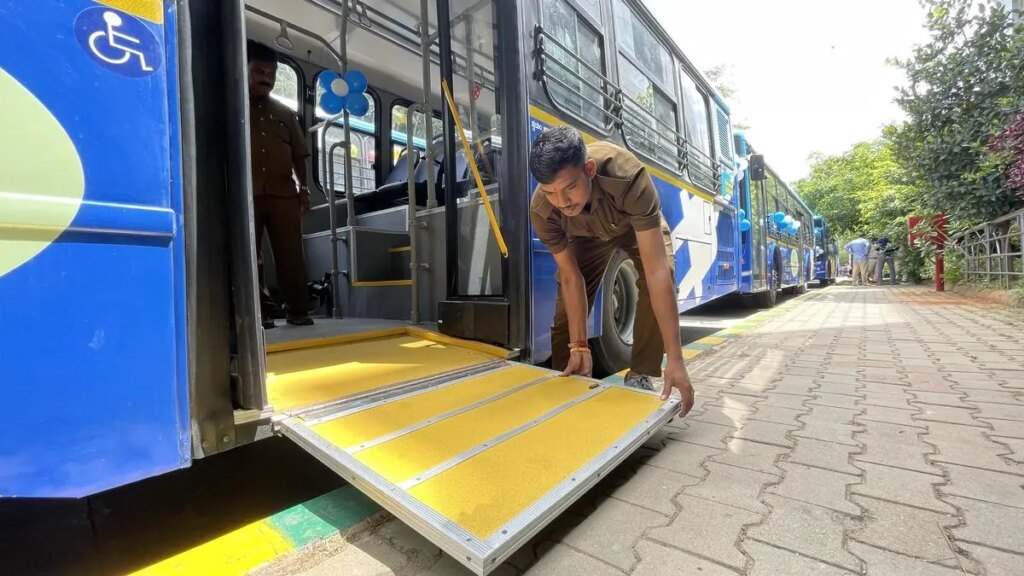Quit smoking and drink water, says oncologist: Know these 8 tips to reduce kidney cancer risk | Health
The risk of kidney cancer rises significantly after the age of 40. While genetics and age are key contributors, lifestyle choices also play a critical role in increasing the likelihood of developing the disease.
In an interview with HT Lifestyle, Dr Pushpinder Gulia, director of surgical oncology and robotic oncosurgery, CK Birla Hospital, Gurugram said, “Treating your kidneys isn’t merely about staying healthy—it’s about making conscious choices throughout a lifetime to help maintain kidney health over the long term. As an oncologist, I remind patients frequently that healthy kidneys are a product of diligent care over many years.” Also read | Kidney cancer: Causes, diagnosis, drawbacks of conventional surgery, breakthrough treatments
Dr Pushpinder Gulia further suggested tips that can reduce the risk of kidney cancer:
1. Do not smoke at all:
Tobacco use remains one of the leading causes of kidney cancer. Even occasional smoking exposes the kidneys to harmful chemicals and impairs blood flow. Quitting tobacco as early as possible can significantly reduce your long-term risk.
2. Maintain a healthy weight and stay active:
Excess weight is associated with increased risk of kidney tumors, in part through insulin resistance and chronic inflammation. Uncomplicated, regular physical activity like 30 minutes of brisk walking a day can control weight and promote kidney function.
3. Use pain medications with caution:
Young adults usually take over-the-counter pain relievers such as ibuprofen for headaches or muscle pains. Although infrequent use is usually okay, frequent use or taking it over a long period of time can hurt the kidneys and maybe increase the risk of cancer. Use medicine as recommended and see a doctor if you take it often. Also read | Kidney cancer: 7 lifestyle mistakes that are damaging your kidneys, putting you at risk of cancer

4. Keep blood pressure and blood sugar under control:
Uncontrolled diabetes and high blood pressure are strongly linked with kidney disease and kidney cancer. They can remain undetected in their initial stages, so regular screening is necessary. Controlling them by medicines, diet, and low salt and sugar consumption can safeguard kidneys.
5. Add kidney tests to your check-ups:
If you’ve had a good family history of kidney problems or are exposed to chemicals at work, talk to your doctor about adding kidney function tests or imaging scans such as ultrasounds to your regular checkups. Early diagnosis makes a difference.
6. Stay well hydrated:
Keeping hydrated aids the kidneys in flushing out waste products well. Drink 8 to 10 glasses of water per day unless you have a medical condition for which your doctor recommends something else.
7. Restrict exposure to toxic chemicals:
People with prolonged exposure to industrial chemicals, pesticides, or heavy metals need to take extra precautions with regular screenings. Use protection when working with household or gardening chemicals and attempt to restrict unnecessary exposure. Also read | Are you always stressed? Oncologist says ‘hypertension can cause kidney cancer’
8. Notice new or unusual symptoms:
Symptoms such as unintended weight loss, hematuria, or persistent pain in the back should never be taken lightly, particularly among elders. They could be early symptoms of kidney cancer and need to be evaluated at once by a physician.
Note to readers: This article is for informational purposes only and not a substitute for professional medical advice. Always seek the advice of your doctor with any questions about a medical condition.



